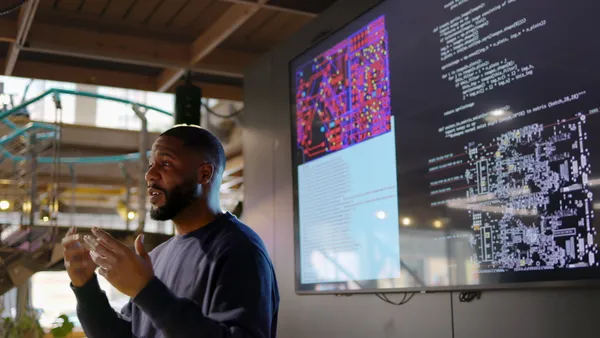Dive Brief:
- Faculty members from University of California, Berkeley said Janet Napolitano, president of University of California, allegedly ordered the installation of computer hardware that can monitor e-mails passing through the UC system, according to a San Francisco Chronicle report.
- UC officials said the software is simply a security measure and they have no interest in monitoring either professors’ emails or their online activities.
- UC spokesman Steve Montiel said Napolitano had the security system installed in July after revelations that a cyberattack on the UCLA Medical Center resulted in the theft of an estimated 4.5 million people’s medical records.
Dive Insight:
Ethan Ligon, a member of UC Berkeley’s Senate-Administration Joint Committee on Campus Information Technology, told fellow faculty members in an email that “the intrusive device is capable of capturing and analyzing all network traffic to and from the Berkeley campus and has enough local storage to save over 30 days of all this data.”
But, Montiel said, “we are not interested in any way in the content of anyone’s personal e-mails — we are interested in security across the system. You can’t have privacy without security.”
UC policy forbids the university from using the collected data for "nonsecurity purposes," according to UC Chief Operating Officer Rachael Nava.
Hackers have shown strong preference for places where they can obtain massive databases of personal information at once, such as health insurance companies and universities. Though faculty members said they understood the need for heightened security, they questioned the university system's methods, which installed the software without notifying the faculty, according to the Chronicle's report.











